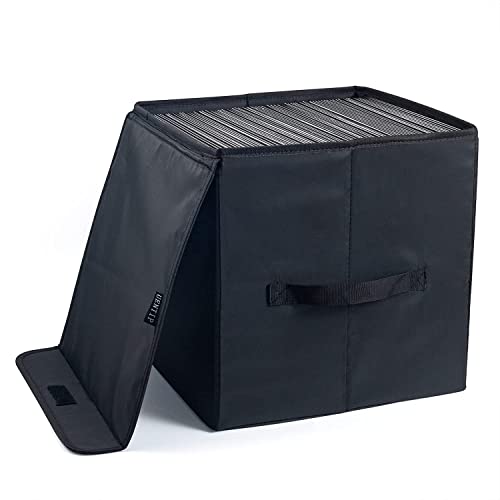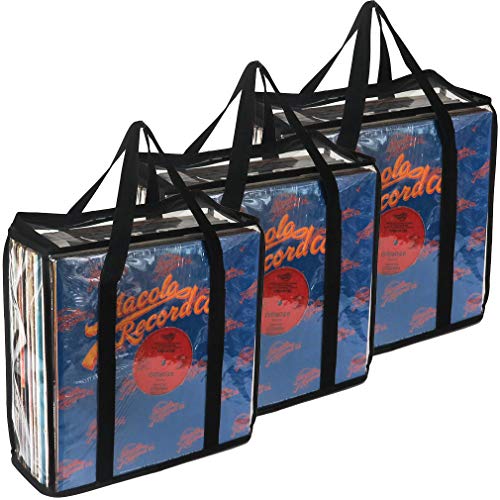- Joined
- Jun 4, 2008
- Messages
- 76
- Reaction score
- 0
http://www.hellkom.co.za/newsviewer/local/7722/
Telkom simply refuses to compete
Lack of ADSL price changes boggles the mind.
JOHANNESBURG - Telkom (JSE:TKG) had a golden opportunity. Despite most of the market being caught napping on March 18 when Mweb launched affordable uncapped ADSL packages (and most service providers then rushed to bring offers to the market), Telkom had a three-month window to "rebalance" its tariffs before filing its annual price changes with Icasa.
Nearly every single analyst and technology journalist in the country expected Telkom to do something - anything - about its ADSL pricing in the face of increased competition.
And then... Nothing. In fact, Telkom applied for an overall increase of "only 0.8%" (which comes into force in a fortnight's time).
This was in the "interests of customer-centricity", the company argued and demonstrated its "commitment to the process of ensuring affordable telecommunications access in the country".
Bizarrely, it stated that according to Icasa's price control formula (a scary prospect indeed), the "allowable overall increase for Telkom's basket of products is 19.3%".
It could've hiked prices by 20%, so you better be happy with "only 0.8%" seems to be the argument.
This is disingenuous. It would be tantamount to Famous Brands (JSE:FBR) saying that it could've hiked the prices of its menu items by food inflation which had spiralled towards 20% in 2008. It's a price sensitive market, so fast food outlets absorbed some of the input price increases and reshaped their menus to ensure that we weren't suddenly paying 20% more for 5% less food.
ADSL subscribers are therefore not paying a cent less (or more) than they did last year for line rental. Telkom has used its "tariff rebalancing" to increase the price of monthly analogue line rental from R131 to R133.30. Sure, it's a small increase, but it's a symbolic nonetheless.
Telkom forces residential ADSL subscribers to have a landline installed together with its data line. As sole supplier of these services, it's able to dictate terms to the market. A few years ago, during Icasa's protracted ADSL hearings, Telkom executives vigorously defended the need for a landline to be installed alongside a DSL line. It was about recovering the cost of the copper, or something along that track.
But, no matter what the argument (and there were many... including issues of billing and identification), there is still no logical reason for consumers to be forced to install and pay monthly charges for a landline. In fact, for certain self-installs, it's as simple as buying a "splitter" and getting Telkom to change the line settings. One port (originally a telephone line) is instantly (well "almost" instantly) converted into two lines (one phone port and one DSL port). But you're still paying twice for the same piece of copper coming into your home (or business).
If I want a DSL line, I should be able to simply buy one. One wonders what impact the new Consumer Protection Act will have on this blatant product bundling? There may yet be relief in sight.
Telkom missed a real trick here. Beyond the line rental issues, it could've introduced new pricing and products in the ADSL space. All it's done is bundled ridiculous amounts of free local only bandwidth (with the caveat of only being able to use it once your "blended data is depleted"). There is very little cost to providing this bandwidth hence it's able to practically give it away.
It remains one of the few ISPs who deliberately measure local and international traffic separately.
Its TelkomInternet products, instead of being simplified, still offer ten different options (all tied to capped usage) with varying tiers of "product configuration" (I'm not making this up).
And there's no obvious indication of what the differences are (if any) between basic, standard, advanced, or premium.
Telkom's do Broadband bundles are easier to understand, but 1GB, 3GB and 5GB caps still exist. It even calls its do Broadband 3 service the "Winston Edition" - a failed reference to the infamous pigeon. It will crow (squawk?) about 10GB or 30GB of free "local only usage", but these products simply do not compete with every other ISP in the market.
The most "innovative" thing Telkom has done is bundle its internet products with PCs and laptops - something rivals have done for years. For a "mere" R299 per month you get a fairly standard Acer laptop with a 1GB capped 384kbps ADSL account. The prices include ADSL line rental, but you'll have to pay the R133.30 for an analogue service in addition to the bundle tariff.
Yes Telkom, your focus right now is on launching your mobile network, but no wonder consumers are opting to sign up to mobile broadband services instead...
* Hilton Tarrant contributes to "Broadband", a column on Moneyweb covering the ICT sector in South Africa. I guess it was wishful thinking to hope that Telkom would've surprised the market with competitive ADSL packages...
Write to Hilton Tarrant: [email protected]
Telkom simply refuses to compete
Lack of ADSL price changes boggles the mind.
JOHANNESBURG - Telkom (JSE:TKG) had a golden opportunity. Despite most of the market being caught napping on March 18 when Mweb launched affordable uncapped ADSL packages (and most service providers then rushed to bring offers to the market), Telkom had a three-month window to "rebalance" its tariffs before filing its annual price changes with Icasa.
Nearly every single analyst and technology journalist in the country expected Telkom to do something - anything - about its ADSL pricing in the face of increased competition.
And then... Nothing. In fact, Telkom applied for an overall increase of "only 0.8%" (which comes into force in a fortnight's time).
This was in the "interests of customer-centricity", the company argued and demonstrated its "commitment to the process of ensuring affordable telecommunications access in the country".
Bizarrely, it stated that according to Icasa's price control formula (a scary prospect indeed), the "allowable overall increase for Telkom's basket of products is 19.3%".
It could've hiked prices by 20%, so you better be happy with "only 0.8%" seems to be the argument.
This is disingenuous. It would be tantamount to Famous Brands (JSE:FBR) saying that it could've hiked the prices of its menu items by food inflation which had spiralled towards 20% in 2008. It's a price sensitive market, so fast food outlets absorbed some of the input price increases and reshaped their menus to ensure that we weren't suddenly paying 20% more for 5% less food.
ADSL subscribers are therefore not paying a cent less (or more) than they did last year for line rental. Telkom has used its "tariff rebalancing" to increase the price of monthly analogue line rental from R131 to R133.30. Sure, it's a small increase, but it's a symbolic nonetheless.
Telkom forces residential ADSL subscribers to have a landline installed together with its data line. As sole supplier of these services, it's able to dictate terms to the market. A few years ago, during Icasa's protracted ADSL hearings, Telkom executives vigorously defended the need for a landline to be installed alongside a DSL line. It was about recovering the cost of the copper, or something along that track.
But, no matter what the argument (and there were many... including issues of billing and identification), there is still no logical reason for consumers to be forced to install and pay monthly charges for a landline. In fact, for certain self-installs, it's as simple as buying a "splitter" and getting Telkom to change the line settings. One port (originally a telephone line) is instantly (well "almost" instantly) converted into two lines (one phone port and one DSL port). But you're still paying twice for the same piece of copper coming into your home (or business).
If I want a DSL line, I should be able to simply buy one. One wonders what impact the new Consumer Protection Act will have on this blatant product bundling? There may yet be relief in sight.
Telkom missed a real trick here. Beyond the line rental issues, it could've introduced new pricing and products in the ADSL space. All it's done is bundled ridiculous amounts of free local only bandwidth (with the caveat of only being able to use it once your "blended data is depleted"). There is very little cost to providing this bandwidth hence it's able to practically give it away.
It remains one of the few ISPs who deliberately measure local and international traffic separately.
Its TelkomInternet products, instead of being simplified, still offer ten different options (all tied to capped usage) with varying tiers of "product configuration" (I'm not making this up).
And there's no obvious indication of what the differences are (if any) between basic, standard, advanced, or premium.
Telkom's do Broadband bundles are easier to understand, but 1GB, 3GB and 5GB caps still exist. It even calls its do Broadband 3 service the "Winston Edition" - a failed reference to the infamous pigeon. It will crow (squawk?) about 10GB or 30GB of free "local only usage", but these products simply do not compete with every other ISP in the market.
The most "innovative" thing Telkom has done is bundle its internet products with PCs and laptops - something rivals have done for years. For a "mere" R299 per month you get a fairly standard Acer laptop with a 1GB capped 384kbps ADSL account. The prices include ADSL line rental, but you'll have to pay the R133.30 for an analogue service in addition to the bundle tariff.
Yes Telkom, your focus right now is on launching your mobile network, but no wonder consumers are opting to sign up to mobile broadband services instead...
* Hilton Tarrant contributes to "Broadband", a column on Moneyweb covering the ICT sector in South Africa. I guess it was wishful thinking to hope that Telkom would've surprised the market with competitive ADSL packages...
Write to Hilton Tarrant: [email protected]


















